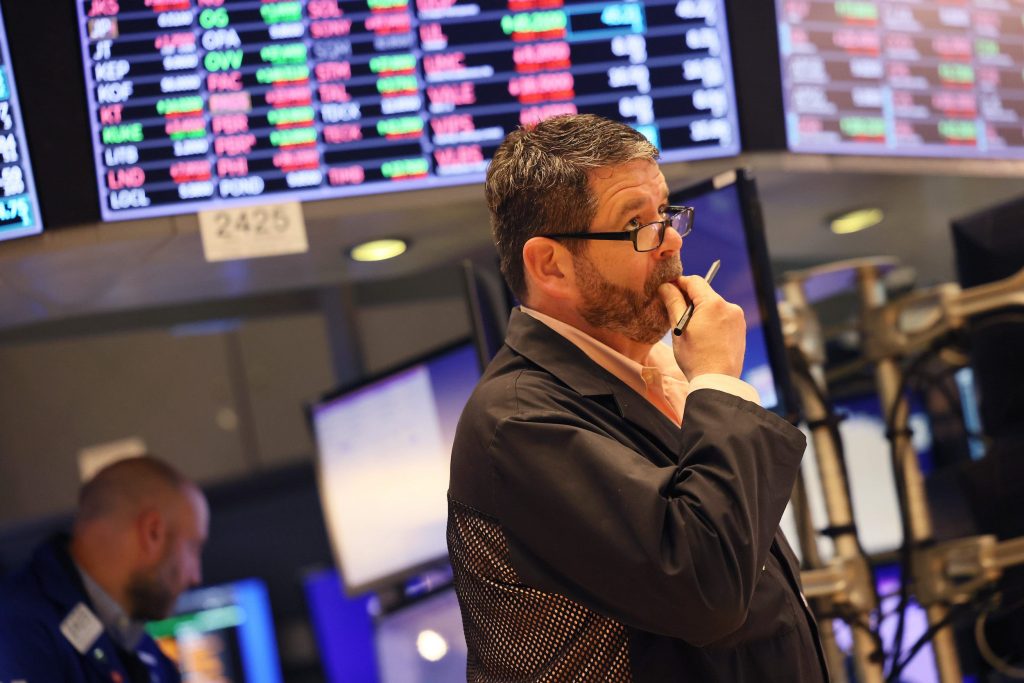- The US stock market is having its worst start to a year since 1939.
- Inflation, interest rate hikes, and the Russia-Ukraine war are combining to keep markets volatile.
- Insider's investing team has compiled expert analyses and recommendations on what to do now.
Stock-market investors turned on their screens on Monday and saw yet another sea of red following a tumultuous week.
You'd have to go all the way back to 1939 to find a worse start to any year for stocks when judging by the S&P 500, which is down 16% year-to-date. The Dow Jones Industrial Average slumped 11% this year through Friday, while the tech-heavy Nasdaq bore the brunt of losses, and is down 25%.
Stocks are so volatile because investors are dealing with at least three concurrent forces that do not bode well for future earnings.
For US investors, the closest factor to home is 40-year-high inflation, which could encourage households to cut back on their spending if wages do not keep up with soaring prices.
The Federal Reserve's response to inflation is the second reason why investors are worried. By aggressively hiking interest rates, the Fed is removing the cushy environment that supported stocks before the sell-off, and increasing the risk of a policy-driven recession.
Lastly, Russia's ongoing war in Ukraine, as well as the sanctions that other nations have imposed on it, are intensifying the global supply-chain crisis.
What's making matters worse is that there's seemingly no place to hide: bonds are also selling off with stocks as yields rise, and even cryptocurrencies are taking a hit as traders opt for safety over speculation.
To help you better understand these drivers and how to invest as they move the market, Insider has compiled recommendations and insights from multiple experts below.
Why are stocks volatile?
While the aforementioned factors explain the market's volatility at a macro level, Morgan Stanley's equity strategists and others are uncovering more rumblings beneath the surface.
The bank's Chief US Equity Strategist Mike Wilson shared two sets of charts that show why he thinks the S&P 500 is weak and heading further downward in the months ahead.
What to buy now
Some of investors' favorite stocks, particularly in the tech sector, have suffered breathtaking declines from their record highs during this sell-off: Amazon fell by more than 42%, Facebook fell 50%, while Netflix plunged 75%.
Sell-offs of this nature always present buying opportunities — and multiple investors have ideas on where exactly you can go shopping to capture the upside when the recovery starts.
What individual investors are doing
Phil Toews presciently reduced his exposure to stocks in February 2020 and avoided much of the downside from the COVID crash. He was also able to cut his equities position ahead of the worst of the 2008 financial crisis.
Once again, he's rotated to nearly all cash.
What investors recommend you should not do
Knowing what behaviors to avoid during a sell-off can be just as important as knowing how to buy a cheap stock with plenty of upside.

